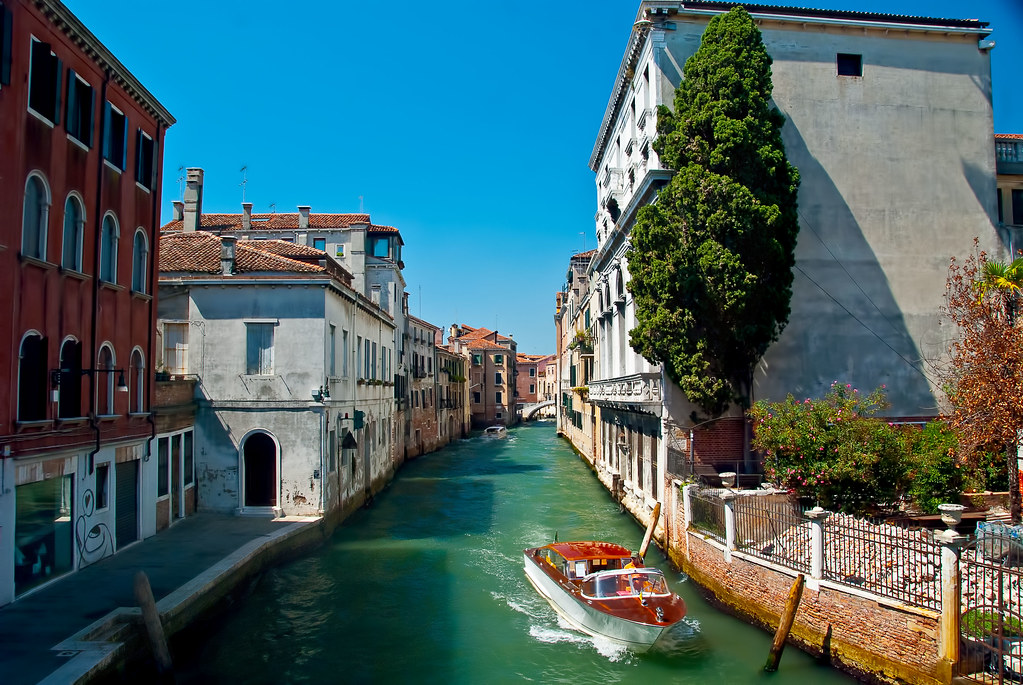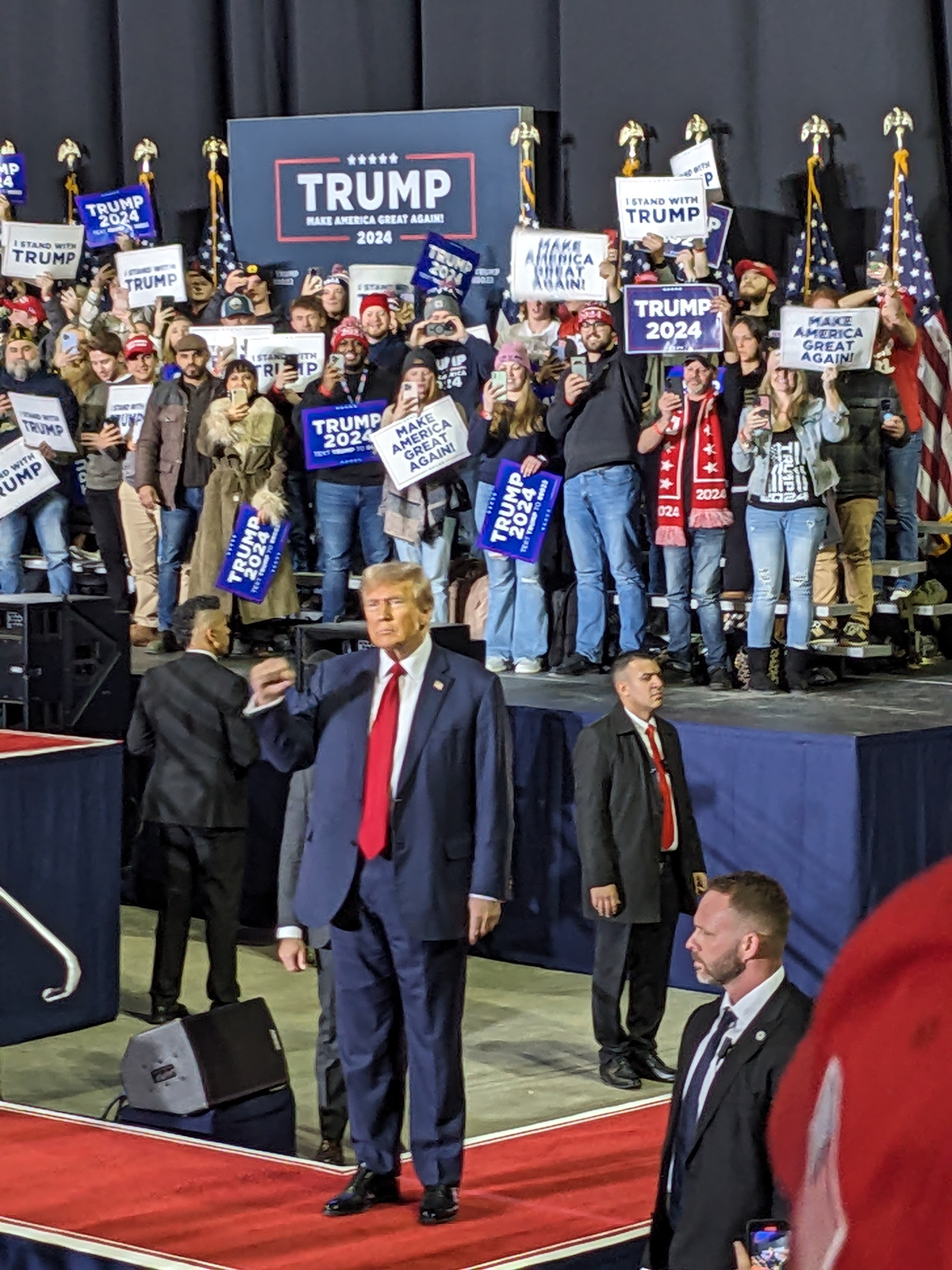You've probably heard about a brewing free speech incident at USC, where the provost canceled a planned speech by the student valedictorian that pertained to prior pro-Palestine/anti-Israel content on her social media profiles (I've seen conflicting reports on what was "her words" versus words on sites she was linking to). The USC administration insists that it is not opposed to the student's speech per se, but rather had vague "safety" objections.
To that end, my main comment is that (a) the "safety" concerns smack of pretext and (b) if there are actually safety concerns sufficiently extreme so as to make it impossible for a South Asian Muslim student to deliver a speech, that is a five-alarm fire crisis for the state of free speech at USC that should be addressed with exactly that level of urgency. But again, my strong suspicion is that "safety" is a red herring here, and this is really USC preemptively bowing to pressure from various pro-Israel groups (some on campus, presumably some alumni/external actors as well) demanding the cancellation. I also endorse Paul Horwitz's thoughts on this (not just because he kindly links to some of my own recent work on campus speech regulation).
To me, though, the effort by some Jewish groups to cancel this student's speech smacks of what I've termed "us too-ism". "Us too-ism" is when one group that has a colorable claim of being marginalized or oppressed sees some sort of movement, practice, or trend that is demanded by or responsive to the needs of another marginalized group and reflexively demands that they receive it as well ("us too!"). The problem with "us too-ism" is that it's almost entirely reactive. It isn't motivated by some organically-generated understanding of what a group actually desires or what it feels it is lacking; it rather stems from a more abstract "this is how society shows it is responsive to oppressed groups, we are oppressed, therefore we must get this" logic. That this imagining of how other groups are being responded to is often caricatured or stereotyped only exacerbates the problem. If the metric for our equality is solely a 1:1 matching of what other groups are thought to get, and what other groups are thought to get is grossly exaggerated or misimagined, then what will be demanded by the "us too" contingent will inherently be unreasonable or excessive precisely because it's demanding mimicry of a "response" that largely exists in the minds of the "us too-ers".
In my other post, for example, I analyzed the "us too" concept with respect to the "Jewface" allegations surrounding non-Jewish Steve Carrell playing a Jewish character in the movie "The Patient". The rise of the "Jewface" complaint, at least with respect to male actors (I acknowledged Jewish women may be differently situated), did not seem to me to stem from an organic complaint of how Jews were being represented in Hollywood, or even a more inchoate sense of offense. Rather, it seemed to primarily be a copycat of complaints surrounding racial representation in cinema: racial minorities had been complaining about White actors being cast to play non-White characters as a form of racism, and that sufficed to mean that Jews should complain about non-Jewish actors being cast to play Jewish characters as a form of antisemitism.
The USC case, I think, may stem from something similar. Some Jews perceive, rightly or not (for my part, I think the perception is overstated albeit not stemming from nowhere, but again, it's the perception that matters here), that other minority groups demand and often receive the cancellation of "offensive" speakers at campus events and that receptivity to this demand is taken as a litmus test for the degree to which the campus is responsive to the minority group. Hence, Jews who also feel vulnerable on campus decide that they are entitled to this same treatment, and the degree to which the campus is receptive to their demands is the yardstick by which they can determine if their oppression is treated with equal seriousness compared to other campus groups making analogous claims.
As should be clear by now, I think this is a very bad way of going about things. I think the "perceived" demands of other groups are often in fact misperceived, and I think the purely reactive framework of us too-ism ends up occluding very important and necessary steps of self-reflection regarding what we actually want and what would actually make us feel secure on campus. It's hard to argue that the cancellation of this speech at USC has made Jewish students -- even those who do view their safety as Jews as intricately bound up in their Zionist self-identification -- any safer, and it's hard to argue that cancellation of the speech is actually a proportionate response to what harm (if there is any) this student might have caused. But again, "us too-ism" doesn't consider any of that -- its analysis starts and ends at what it imagines other analogous groups are getting, and so it can't surprise that the resultant conclusions are shallow and misdirected.



.jpg)
.jpg)
.jpg)
.jpg)
%20large.jpg)

